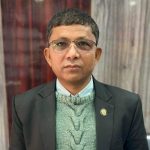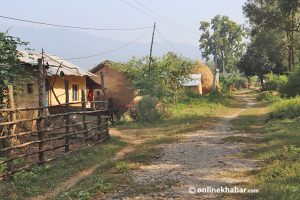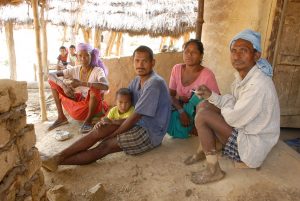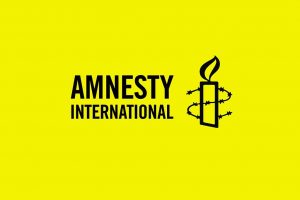
Haliya is an individual bound to act as an agricultural labourer annually or bi-annually on the interest of the debt either taken by the individual or by his/her family or by his/her ancestor or the guarantee undertaken for someone from the money lenders.
This kind of malpractice is prevalent in the districts of Sudurpaschim and Karnali provinces although the government has already declared them free on September 6, 2008. The freed haliyas, mostly Dalits, have been forced to work and plough for money lenders as shepherds, ploughers, labourers, doli carriers and slaves. It has been handed down for generations, pushing Dalits to the deprivation of political rights and land resources.
In order to prepare a database of freed haliyas, the then Ministry of Peace and Reconstruction conducted a study in 2008 and the information was handed over to the Ministry of Land Reform for their rehabilitation.
Now, it is time to explore the ruptured destination of freed haliyas and help them transform from dire situations to sustainability.
The present status of haliyas
The haliya system exists in almost all districts of the Karnali province.
The official database of the then Ministry of Peace and Reconstruction mentions that there are 1,421 freed haliya households in the Humla district. Of the households, 139 households are contactless.
Based on the source unveiled by the District Land Revenue Office, 1,275 households have been rehabilitated in Jumla. Besides, 203 households are in Jajarkot and 454 households are in Surkhet districts.
The total accredited free haliya households in Surkhet and Jajarkot districts are yet to be rehabilitated. The information is missing from the remaining districts of the Karnali province although the feudal agricultural system is still alive there.
The freed haliyas are deprived of basic needs like housing, food, education, health and employment although the lack of a micro-level study regarding them is one of the burning problems to underline the root causes.
Even knowing the plights of the freed haliyas, concerned government agencies have failed to design dedicated programmes and allocate sufficient budget. Even the introduced programmes have not been effectively implemented.
The advocacy movement and campaigns on freed haliya issues do not have a connection with central policy-making and political procedures. Meanwhile, in the case of Karnali, a lack of delegation of the powers to the provincial government, in particular the power to manage land rights, has blocked the way to reform. Neither have the local governments taken any serious initiatives.
Action is key
To solve the problems being faced by freed haliyas, federal, provincial and local agencies need to work in harmony and cooperation. It should be done considering all relevant issues such as landless squatter management, social security and poverty alleviation, education, health and agriculture.
To promote the same, the Karnali Provincial Ministry of Land Management, Agriculture and Cooperatives facilitated a meeting calling upon freed haliyas and concerned stakeholders on July 30, 2022, in the participation of Minister Chandra Bahadur Shahi.
The meeting recommended a package programme for improving the conditions, creating an enabling environment and changing the rules of the game to be implemented by the duty-bearers of the state.
The long-term and mid-term skill development training except for agriculture to the desired households should be provisioned by the provincial and local governments respectively. The seed money of Rs 100,000, necessary tools and family allowance during the training should be given.
The provincial and local governments should take the initiative to get the Council For Technical Education and Vocational Training (CTEVT) to operate its office at the provincial and local levels to provide necessary technical education.
For access to education, no fees should be imposed by the local government up to the secondary level. Two seats should be reserved in technical and vocational education in the jurisdiction of the province. In case of the insufficiency of the reserved seats for the offspring of freed haliyas in technical and vocational education, the educational loan has to be envisioned on zero interest.
The provision of comprehensive health insurance with a mandate of bearing 60 per cent of the premium costs by the federal government and each 20 per cent of the premium costs by the provincial and local governments should be focused on access to basic health services.
The policy provision of political and social inclusion in government jobs and opportunities, in political parties and representation of each level, in community groups, in forest management committees, in school management committees and in local development construction committees should be reiterated.
On July 31, 2022, Rastriya Mukta Haliya Samaj Federation Nepal submitted a memorandum to the then-chief minister of Kailali. The chief minister had responded to a delegation positively, but it has not translated to action yet. A chasm is seen in the stakeholders between commitment and performance.
It is said that failures are divided into two parts: those who thought and never did, and those who did and never thought. It is applicable to the context of freed haliyas also.
It should change now.





















